H.R. 3881: Stop Dangerous Sanctuary Cities Act
This bill, titled the Stop Dangerous Sanctuary Cities Act
, aims to enhance cooperation between federal and state or local law enforcement agencies regarding individuals who are illegally in the United States. Here’s a breakdown of the key provisions of the bill:
1. Authority to Cooperate with Federal Officials
The bill allows state and local law enforcement officers to act as agents of the Department of Homeland Security (DHS) when they comply with detainers issued by DHS. This means that law enforcement officials who follow DHS requests will have the same legal authority as federal officers in those situations.
2. Legal Protections for Compliance
If a state or local law enforcement agency is sued over the detention of an individual based on a DHS detainer, the agency will not be liable for actions taken in compliance with that detainer. Officers involved in these actions will be considered federal employees for legal purposes, thus reducing the potential for lawsuits against them personally.
However, the bill clarifies that immunity does not apply if an individual’s civil or constitutional rights are knowingly violated during the enforcement process.
3. Definition of Sanctuary Jurisdiction
The bill defines a sanctuary jurisdiction as any state or local government that restricts communication with federal immigration authorities or refuses to comply with detainers from DHS regarding individuals' immigration status. There is an exception for jurisdictions that do not share information when the individual is a victim or witness of a crime.
4. Ineligibility for Federal Funding
Sanctuary jurisdictions will face restrictions on receiving certain federal funds. Specifically, the bill amends various provisions related to grants including:
- Economic Development Administration Grants: Locations identified as sanctuary jurisdictions will be ineligible for public works and economic development grants.
- Community Development Block Grants: Jurisdictions labeled as sanctuary will not be eligible for these grants, and existing grants may need to be returned if the jurisdiction is listed as such during the funding period.
The aim is to ensure that federal funds support jurisdictions that comply with immigration laws and support cooperation with federal enforcement efforts.
5. Implementation Schedule
The provisions within this bill are set to take effect on October 1, 2025.
Relevant Companies
None found
This is an AI-generated summary of the bill text. There may be mistakes.
Sponsors
21 bill sponsors
-
TrackNicholas A. Langworthy
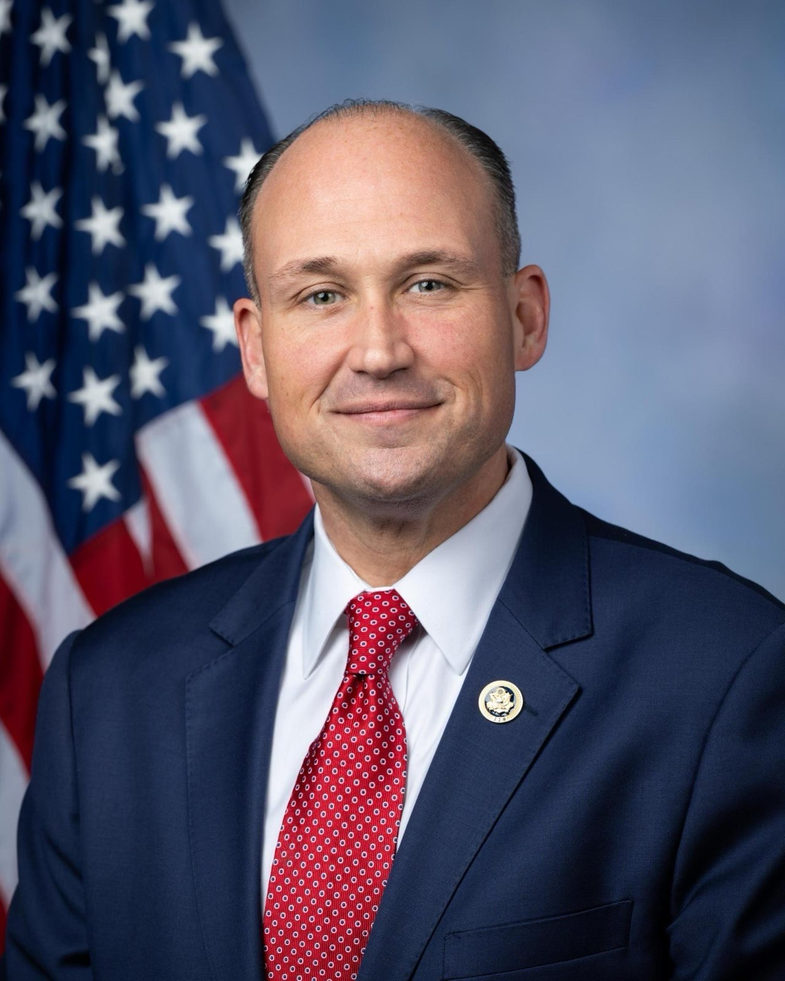
Sponsor
-
TrackJodey C. Arrington

Co-Sponsor
-
TrackLauren Boebert
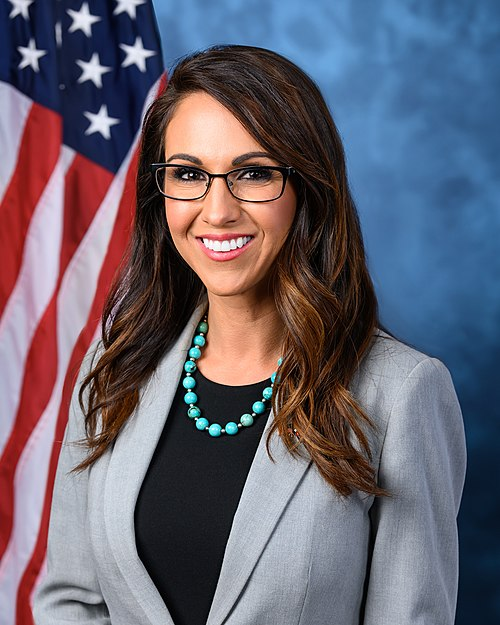
Co-Sponsor
-
TrackEarl L. "Buddy" Carter

Co-Sponsor
-
TrackMike Collins
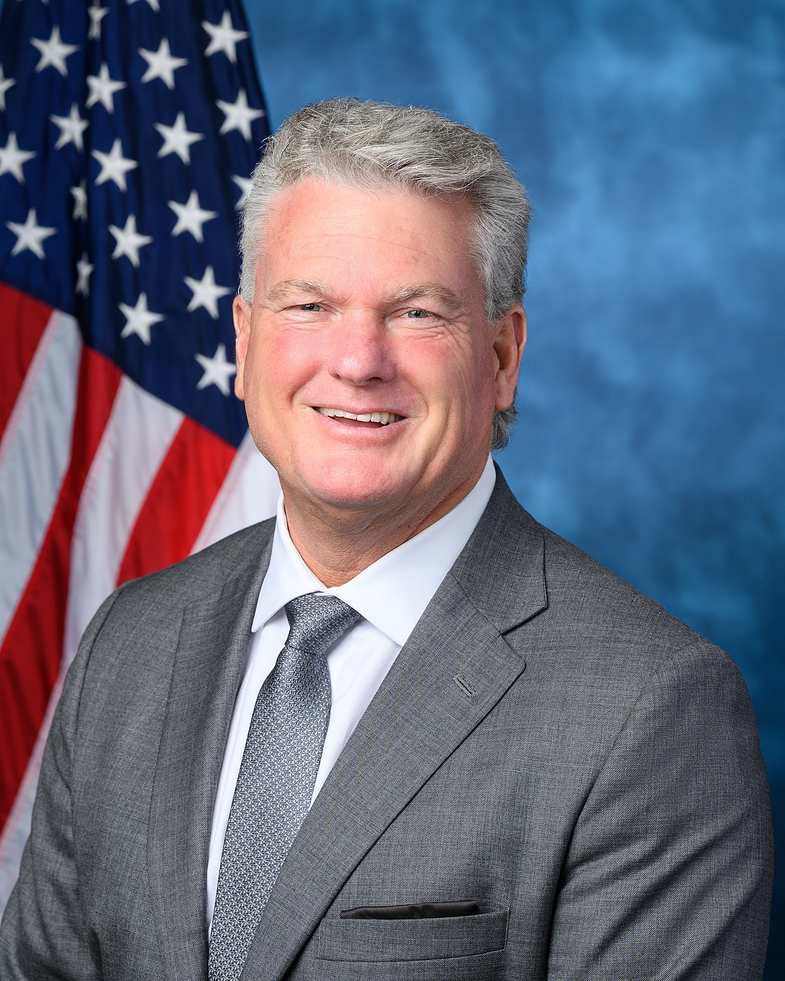
Co-Sponsor
-
TrackByron Donalds
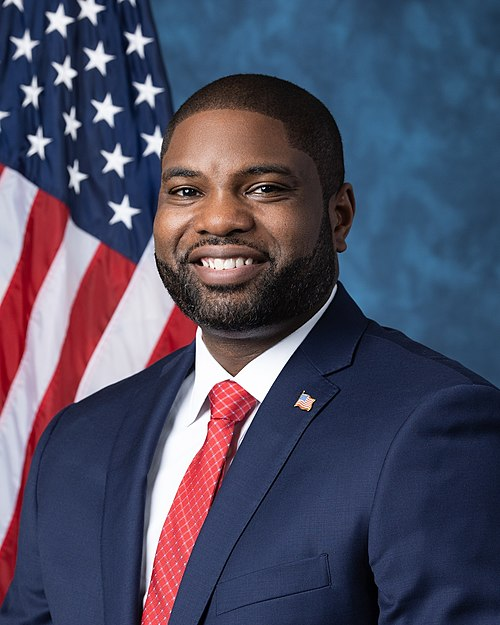
Co-Sponsor
-
TrackChuck Edwards
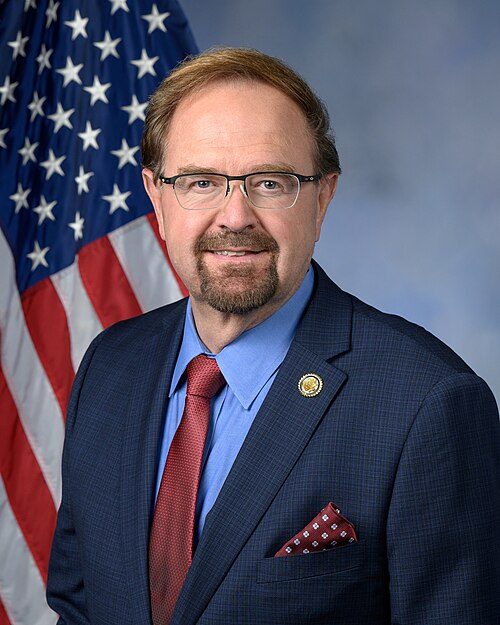
Co-Sponsor
-
TrackPat Harrigan
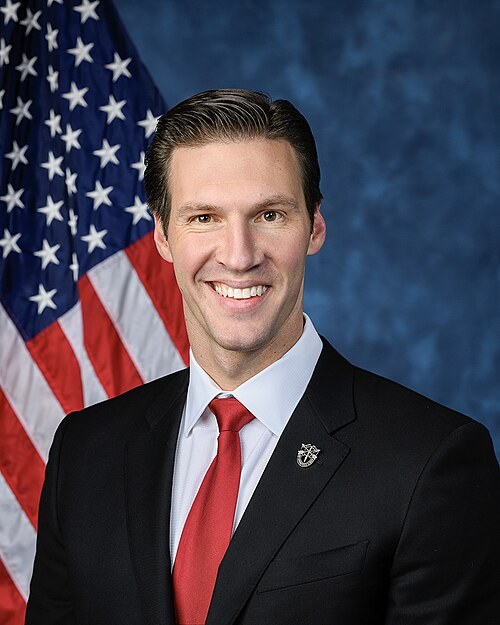
Co-Sponsor
-
TrackDiana Harshbarger

Co-Sponsor
-
TrackClay Higgins
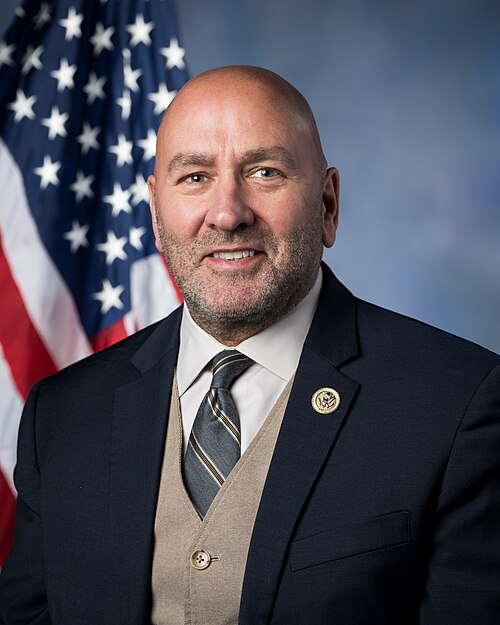
Co-Sponsor
-
TrackMike Kelly

Co-Sponsor
-
TrackJohn McGuire
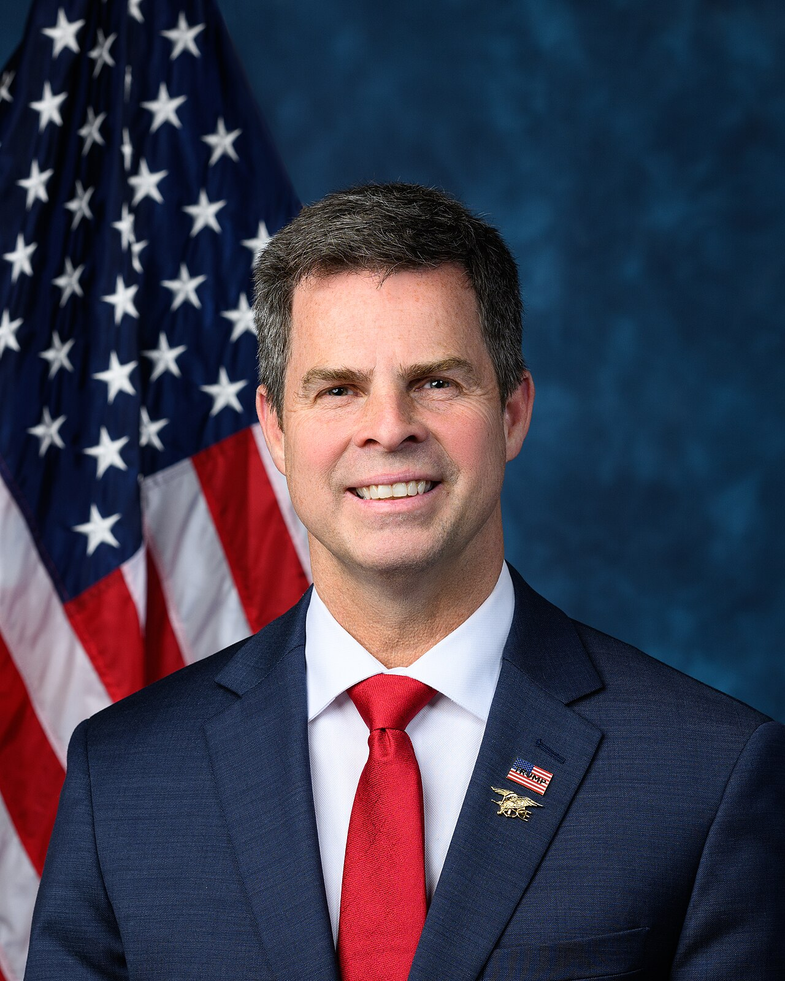
Co-Sponsor
-
TrackTim Moore

Co-Sponsor
-
TrackJohn W. Rose
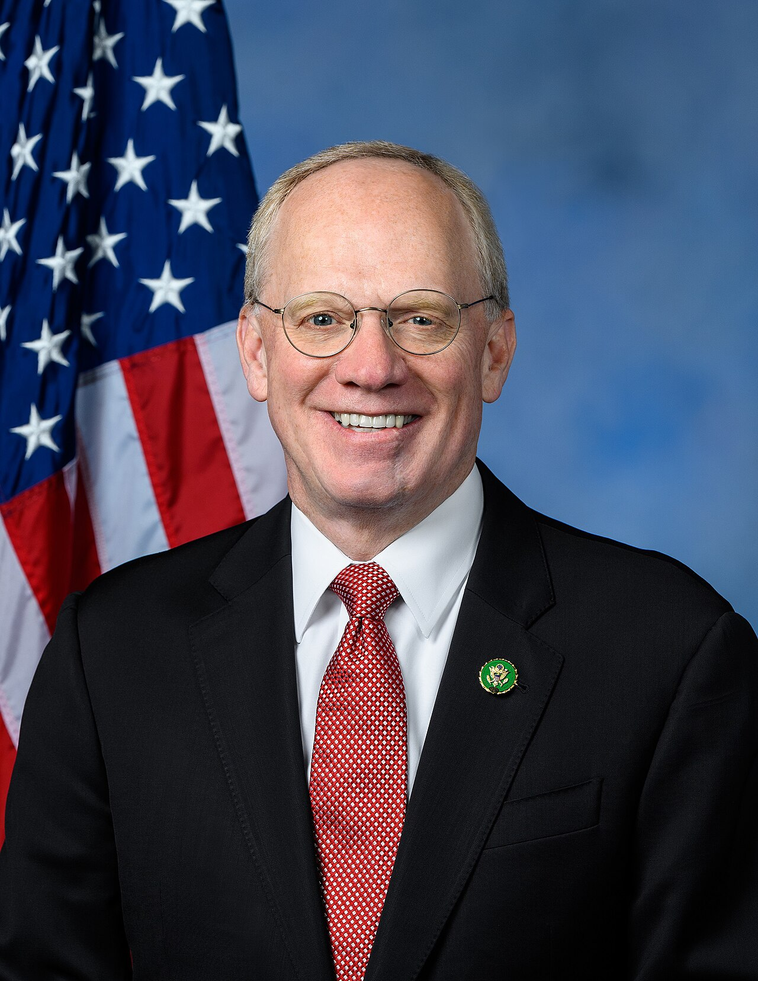
Co-Sponsor
-
TrackDerek Schmidt
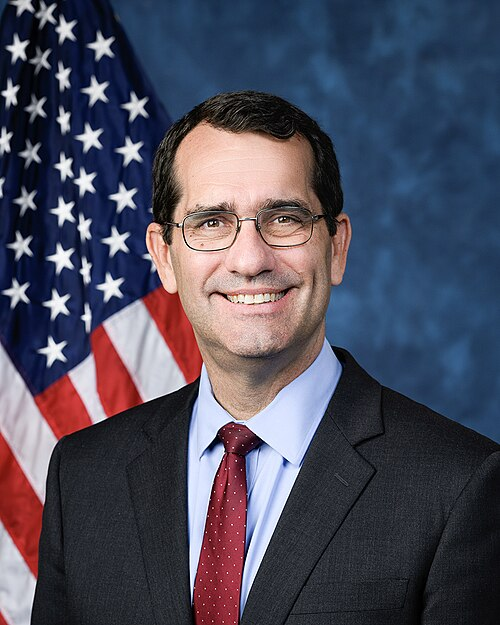
Co-Sponsor
-
TrackPete Stauber
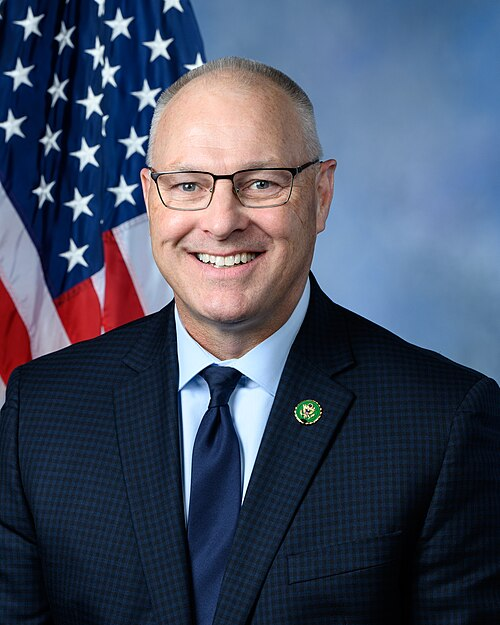
Co-Sponsor
-
TrackElise M. Stefanik

Co-Sponsor
-
TrackDavid Taylor

Co-Sponsor
-
TrackClaudia Tenney

Co-Sponsor
-
TrackWilliam R. Timmons IV
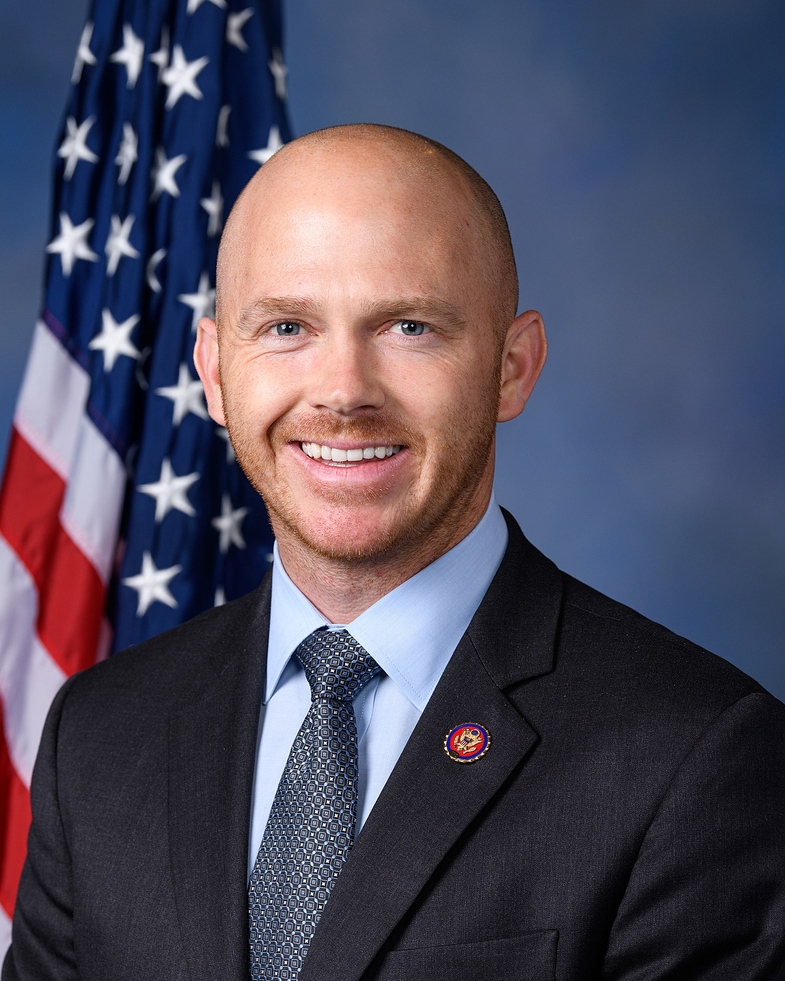
Co-Sponsor
-
TrackDerrick Van Orden
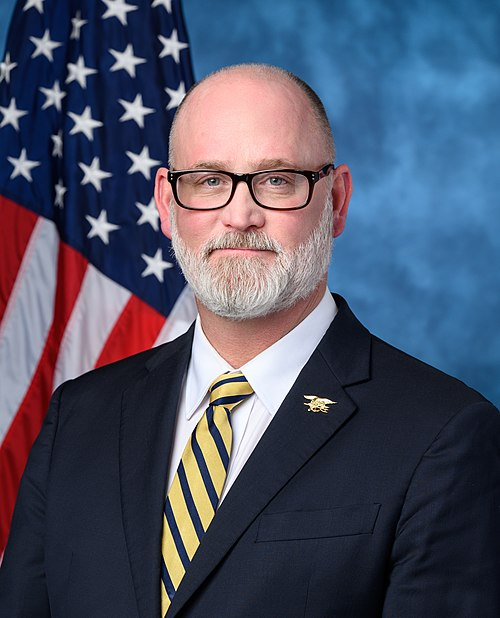
Co-Sponsor
Actions
2 actions
| Date | Action |
|---|---|
| Jun. 10, 2025 | Introduced in House |
| Jun. 10, 2025 | Referred to the Committee on the Judiciary, and in addition to the Committees on Transportation and Infrastructure, and Financial Services, for a period to be subsequently determined by the Speaker, in each case for consideration of such provisions as fall within the jurisdiction of the committee concerned. |
Corporate Lobbying
0 companies lobbying
None found.
* Note that there can be significant delays in lobbying disclosures, and our data may be incomplete.
Potentially Relevant Congressional Stock Trades
No relevant congressional stock trades found.